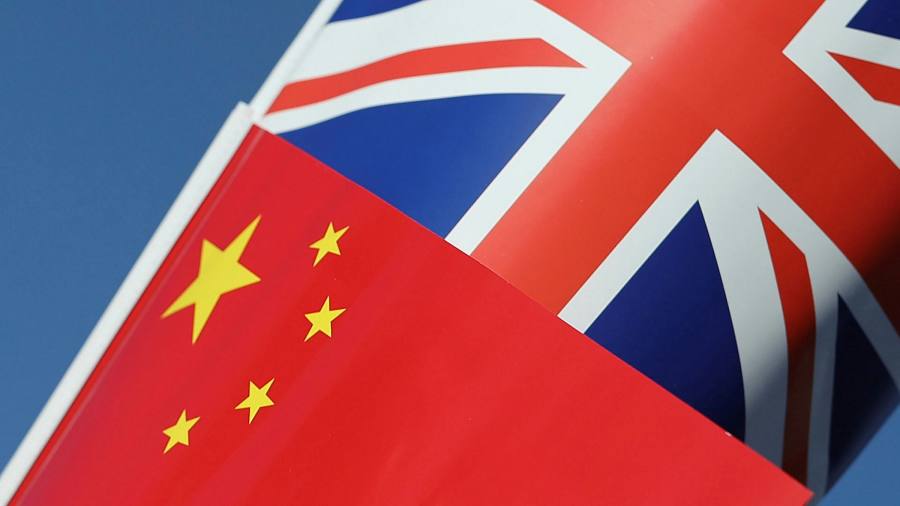[ad_1]
The British ambassador to China has defended her call for greater press freedom in the country as a spat between the countries over media coverage intensified.
China’s foreign ministry summoned Dame Caroline Wilson to complain about an article published last week by the UK embassy’s official account on WeChat, the Chinese messaging platform. The ambassador wrote in support of foreign media in China, saying it offered an independent critique of the government.
The foreign ministry called Wilson’s article “inappropriate†and said it demonstrated “arroganceâ€. The original article has been banned from being shared on WeChat.
Wilson stood by her comments, writing on Twitter: “No doubt the outgoing Chinese Ambassador to the UK stands by the 170+ pieces he was free to place in mainstream British media.â€
The diplomatic debacle came amid a broader UK-China row over press regulation. Ofcom, the UK media regulator, fined Chinese state broadcaster CGTN this week for airing the forced confessions of British national Peter Humphrey, who was detained in China in 2013. CGTN was also found guilty of breaching other rules on fairness, privacy and due impartiality.
The penalty was imposed after Ofcom stripped CGTN of its licence to broadcast in the UK last month. It ruled that CGTN was controlled by the Chinese Communist party. UK regulations forbid governments from holding broadcasting licences.
China has protested against the decisions.
Wilson argued that foreign media in China was being unfairly maligned by Chinese state media, which has stepped up attacks on international journalists in recent weeks.
The BBC has borne the brunt of the hostility, with the UK public broadcaster’s news channel banned in China last month.
The Australian Strategic Policy Institute think-tank has described a “co-ordinated information operation†by “Chinese state media, pro-CCP influencers and patriotic trolls†targeting the BBC on YouTube, Facebook and Twitter. The US platforms are blocked in China but state media and foreign ministry spokespeople increasingly use them to reach foreign audiences.
Since the outbreak of the Covid-19 pandemic, ministry representatives have also escalated pressure on foreign journalists in the country, calling them in to criticise their coverage.
Following a tit-for-tat dispute with the US over visas in the first half of 2020, China expelled 18 foreign journalists — the highest number in 30 years.
The Foreign Correspondents’ Club of China said in a survey published last week that state harassment of Chinese nationals working in foreign media, as well as Chinese interviewees, had reached a peak from the past few years. The survey was cited in Wilson’s article.
[ad_2]
Source link






